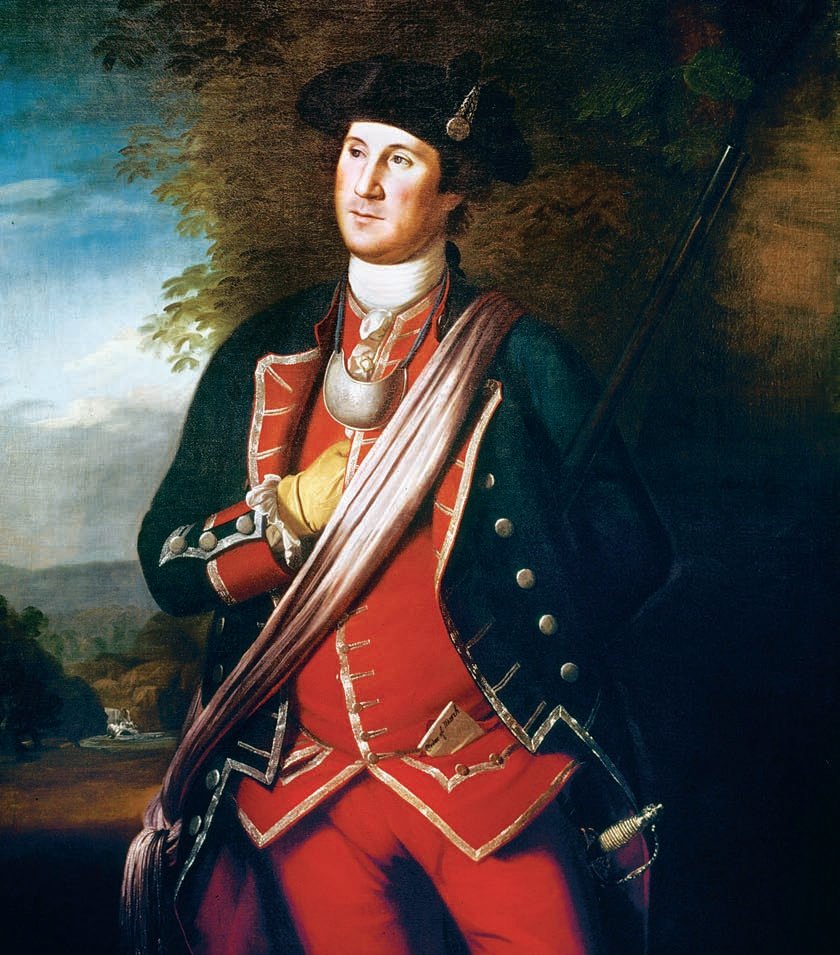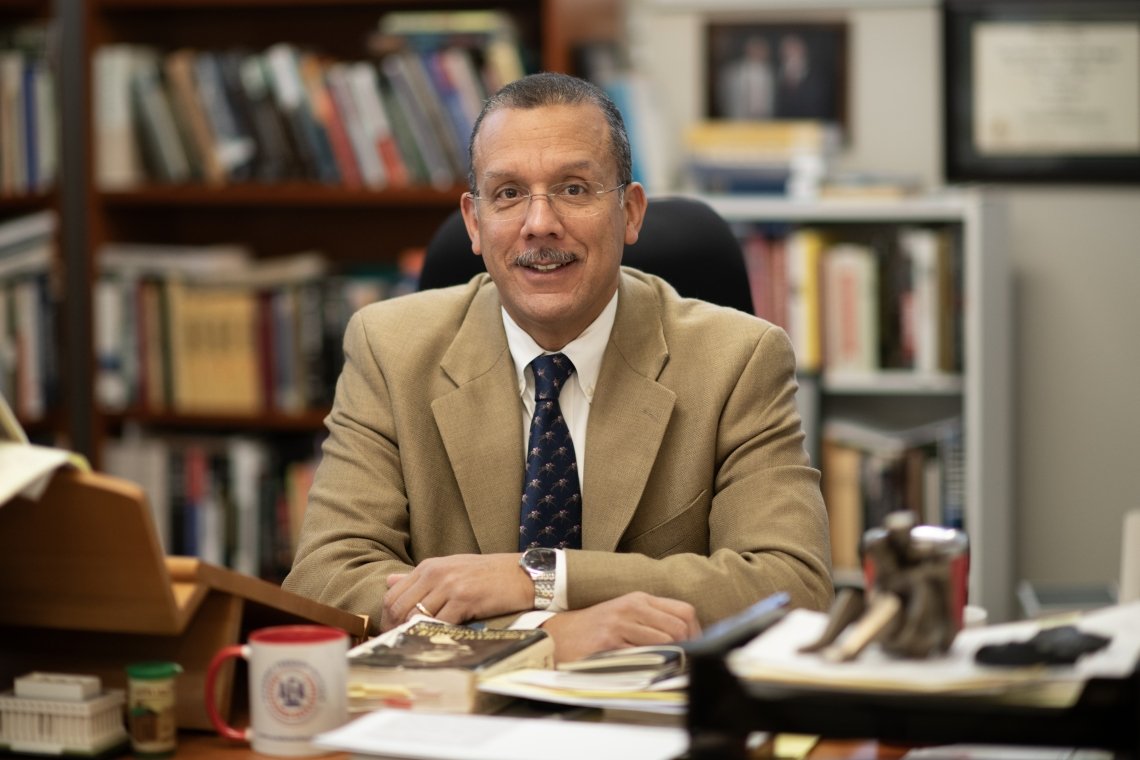Many other individuals associated with Washington and Lee — professors, former professors, and alumni — promoted and implemented parts of the New South vision in the late nineteenth and early twentieth centuries. These included railroad and industrial development, the popularization of science and technology, modern agricultural techniques, and not just female education but education.
As late as 1936, The Chattanooga Times said that “Robert E. Lee, as a college president, was the real architect of the New South.” (15) The irony is that while supporters of The Lost Cause looked to an idealized past exemplified by a mythological Lee, Lee himself and those whom he inspired after 1865 looked to the future with a clear vision and specific plans for implementing that vision.
References:
1. Henry Grady, " Address to the New England Club in New York, 1886", reprinted in Paul D. Escott and David R. Goldfield, Major Problems in the History of the American South, v. II, The New South (Lexington, Mass.: D.C. Heath and Company, 1990), 71-73.
2. Thomas M. Cook, " Interview with General Lee," New York Herald, April 29, 1865.
3. Lee quoted in Edward Lee Childe, The Life and Campaigns of General Lee (London: Chatto and Windus, 1875), 331.
4. John Leyburn, " An interview with General Robert E. Lee, " Century Illustrated Monthly Magazine, V. XXX, New Series, V. VIII ( May to October, 1885), 167.
5. Elizabeth Brown Pryor, Reading the Man: A Portrait of Robert E. Lee Through His Private Letters (New York: Viking Press, 2007), 473.
6. L Neal Holly and Jeremy P. Martin, " Leadership in Crisis: A Historical Analysis of two College Presidencies in Reconstruction Virginia, " Higher Education in Review, v. 9 (2012), 60-61.
7. " Robert E. Lee's Testimony before Congress, February 17, 1866," 39th Congress, 1st Session, House Report no. 30, pt. II, 129-30.
8. Beecher quoted in "Education at the South," New York Observer and Chronicle, 46:10 ( March 5, 1868), 78; and in Brooklyn Union, March 3, 1868, 2.
9. Walter J. Fraser, Jr., " William Henry Ruffner and the Establishment of Virginia's Public Schools, 1870-1874," Virginia Magazine of History and Biography, Vol. 79, no. 3 (July, 1971), 276
10. Ibid., 268.
11. Ibid., 271.
12. Booker T. Washington, " An Address on Abraham Lincoln, delivered before the Republican Club of New York City," February 12, 1909, published in Tuskegee, Alabama, 1909, 9-10.
13. Rev. A.D. Mayo," William Preston Johnston's Work for a New South," Chapter XXX from The Report of the Commissioner of Education, 1898-99 (Washington D.C.: Government Printing Office, 1900), 367-371.
14. William Preston Johnston, " The Demand for High Schools in Louisiana," An Address to the Convention of Parish Superintendents at Lake Charles, Louisiana, Wednesday, June 28, 1893 (New Orleans: L. Graham and Sons, 1893).
15. In Jennifer D. Page, " The Forgotten Sins of Robert E. Lee: How a Confederate Icon Became an American Icon" (Senior Thesis, Salve Regina University, 2019), 13.









